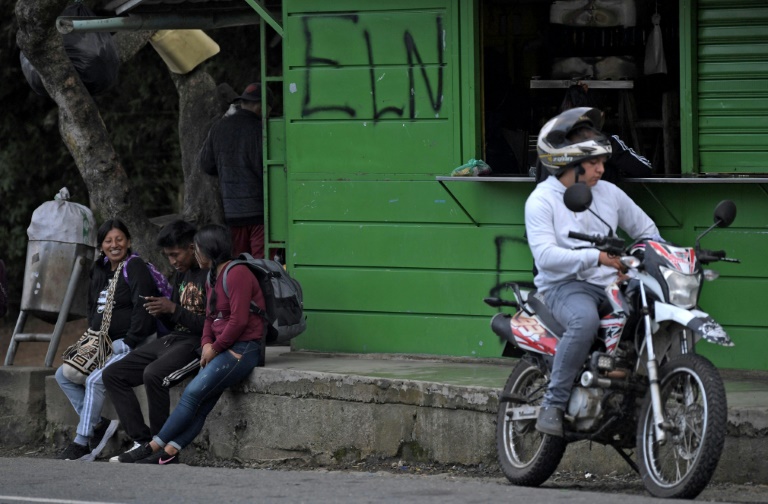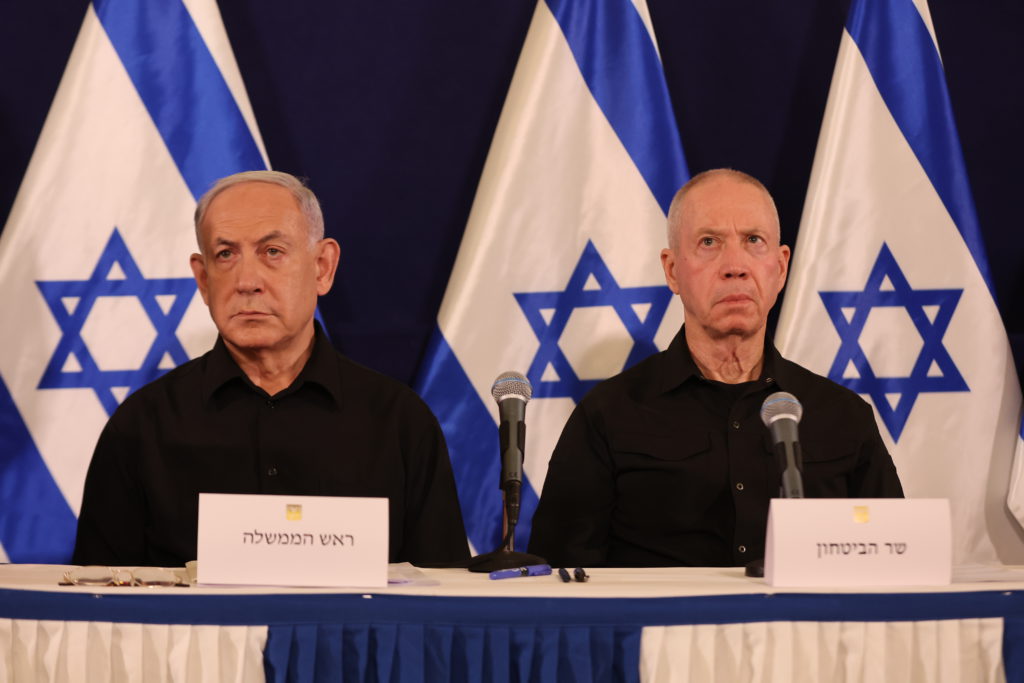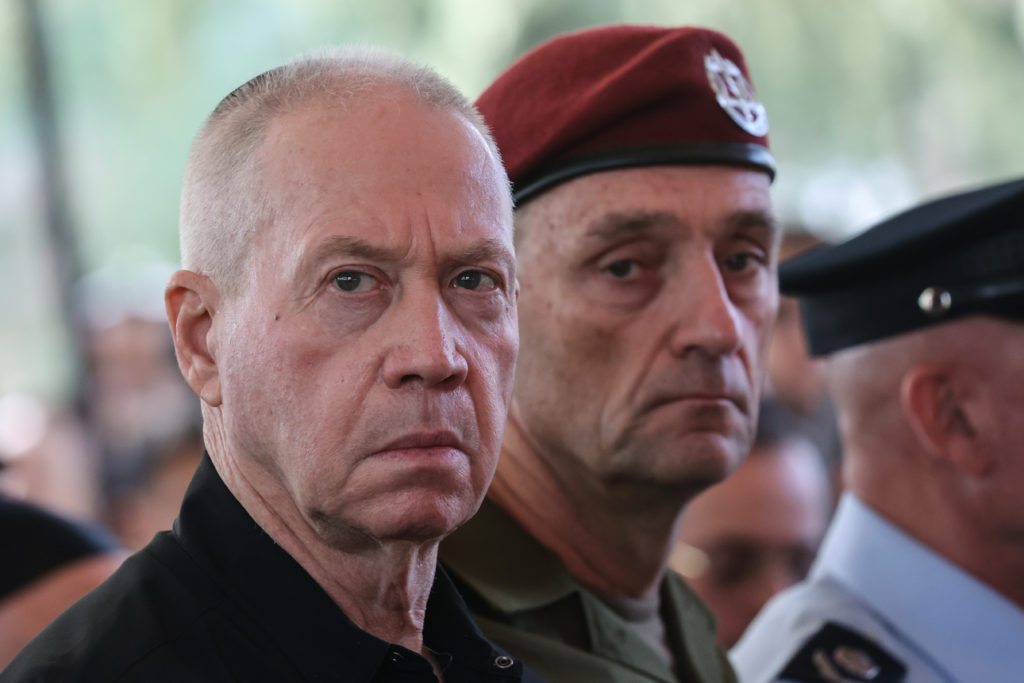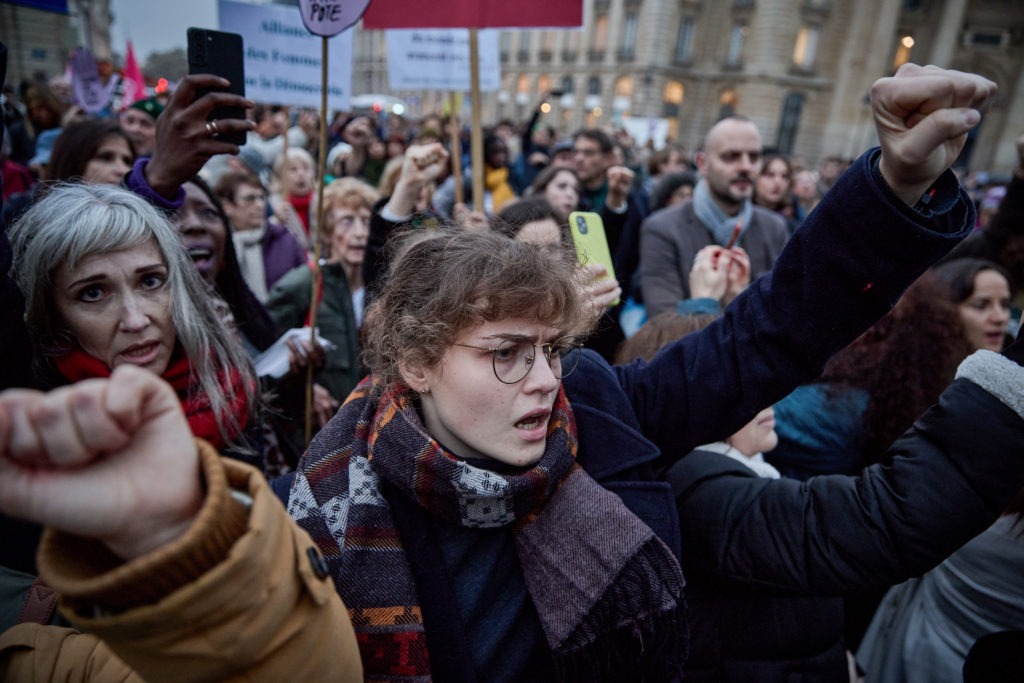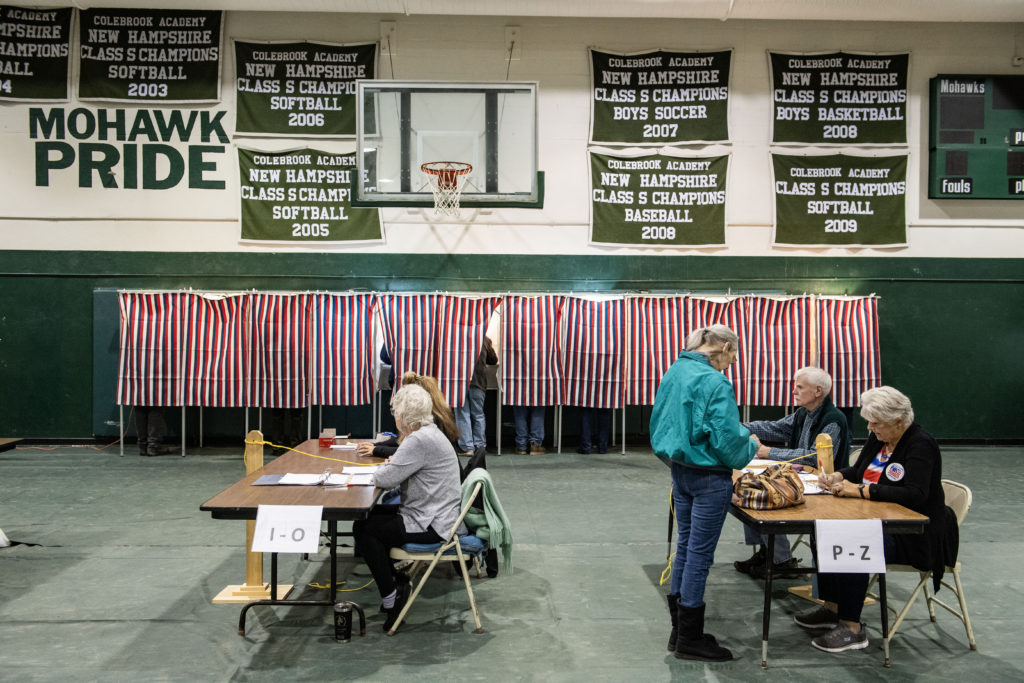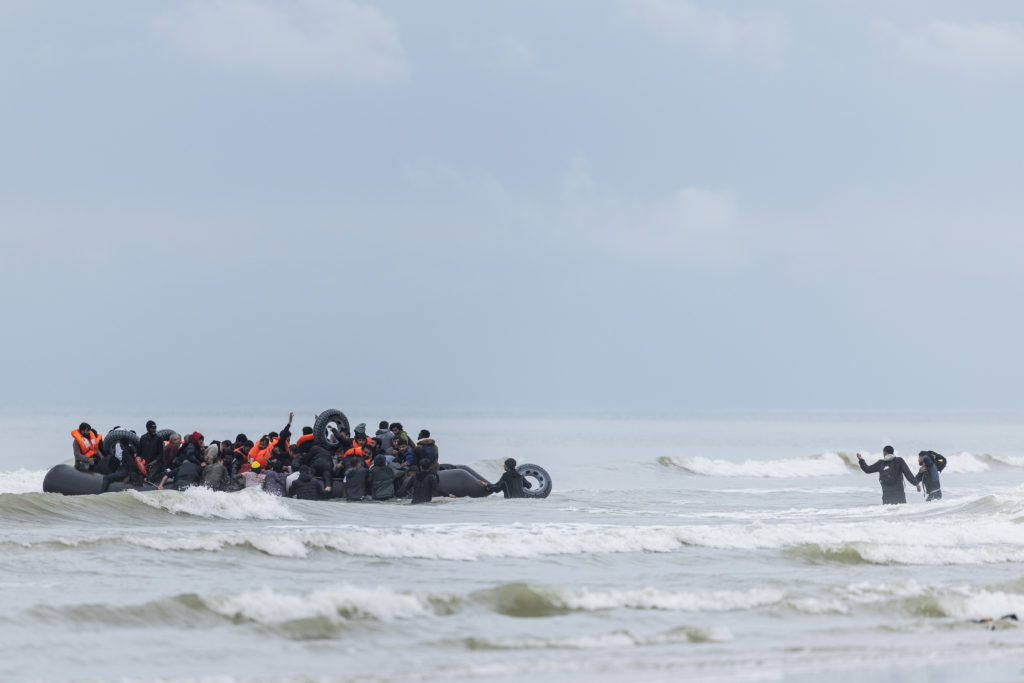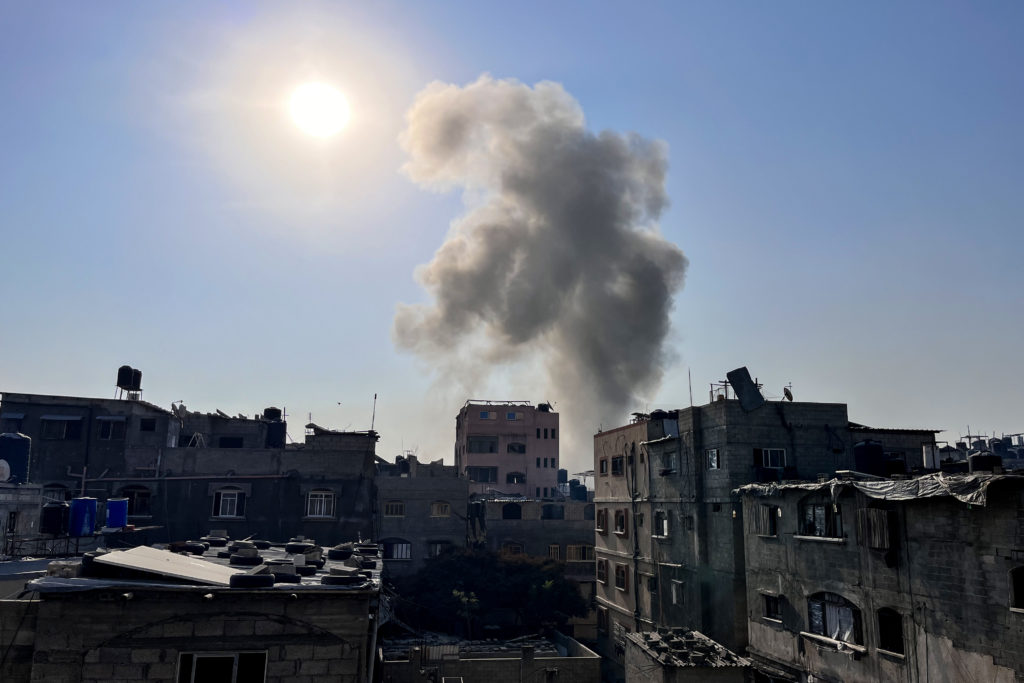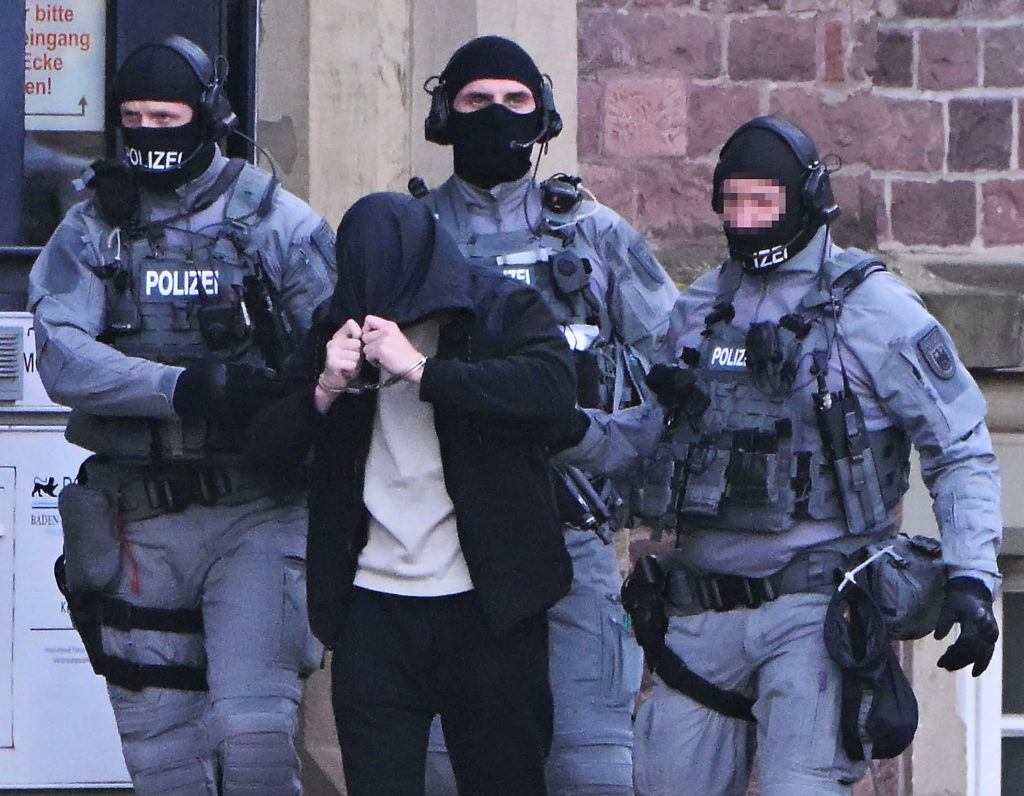Colombia’s leftist president-elect Gustavo Petro on Tuesday proposed a “bilateral ceasefire” with the violence-stricken country’s last active guerrilla group, the ELN, in order to restart peace negotiations.
Talks with the ELN, which unlike the FARC did not lay down arms under Colombia’s 2016 peace agreement, broke down under outgoing President Ivan Duque.
“The message I have sent, not only to the ELN but to all existing armed groups, is that the time for peace has come,” said Petro.
“What I request is a ceasefire that will be bilateral,” to allow for talks “to bring an end to the war in Colombia.”
Petro will be sworn in on August 7.
Duque’s predecessor Juan Manuel Santos initiated peace negotiations with the ELN (National Liberation Army), but these were called off after an attack on a police academy in Bogota in 2019 that killed 22.
Duque has insisted that the group, formed in 1964 after the Cuban communist revolution, cease all activities for talks to resume.
On the campaign trail, Petro had vowed to talk to the ELN.
– ‘Availability’ for talks –
The day after the leftist ex-Bogota mayor won the presidential election last month, the ELN said it was ready to reopen negotiations with the South American nation’s government.
The group’s central command said it was “keeping its system of political and military struggle and resistance active, but also maintaining its clear availability to advance the peace process.”
The ELN has grown in number and today counts about 2,500 fighters and an extensive support network in urban centers, mostly on the border with Venezuela and along the Pacific coast.
It is largely funded through drug trafficking, and continues fighting over territory and resources with FARC dissidents who refused to lay down arms, as well as rightwing paramilitary forces and narco cartels.
Petro also reiterated his desire to reestablish diplomatic ties with Venezuela, and to dislodge armed groups active on either side of the border.
Duque has repeatedly claimed Colombian armed groups are taking refuge in Venezuela with the complicity of authorities there, a claim Caracas denies.
Bogota says at least four FARC dissident commanders have died in Venezuela in recent months, but no confirmation has been forthcoming from across the border.
The political party that emerged from the now-disbanded FARC, meanwhile, said an ex-guerrilla leader and peace deal signatory was killed by a sniper in Colombia’s south.
The killing of Ronald Rojas, 41, brought to 333 “the terrifying figure of peace agreement signatories killed, mainly under the Duque government,” Rodrigo Londono, leader of the Comunes party, said on Twitter.
Hundreds of former guerrillas have been killed since 2016 by dissident ex-colleagues, drug traffickers and members of the security forces, according to official figures.
Carlos Ruiz Massieu, the head of the UN mission in Colombia, condemned the killing on Twitter and reiterated “the need to strengthen the security of ex-combatants” in the country.

